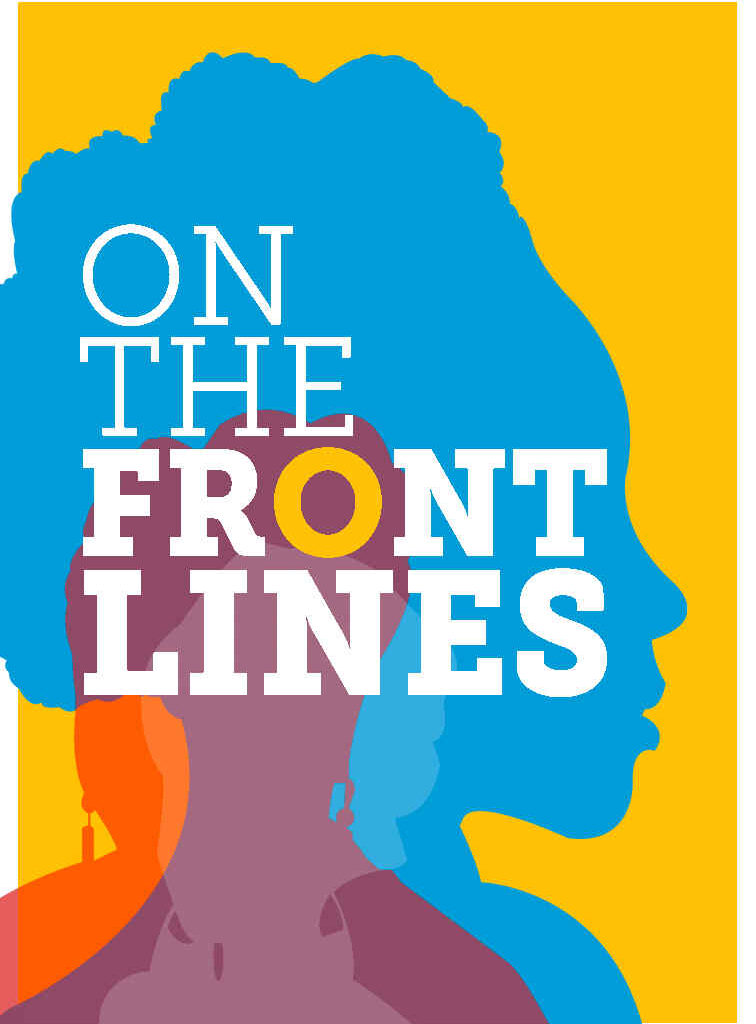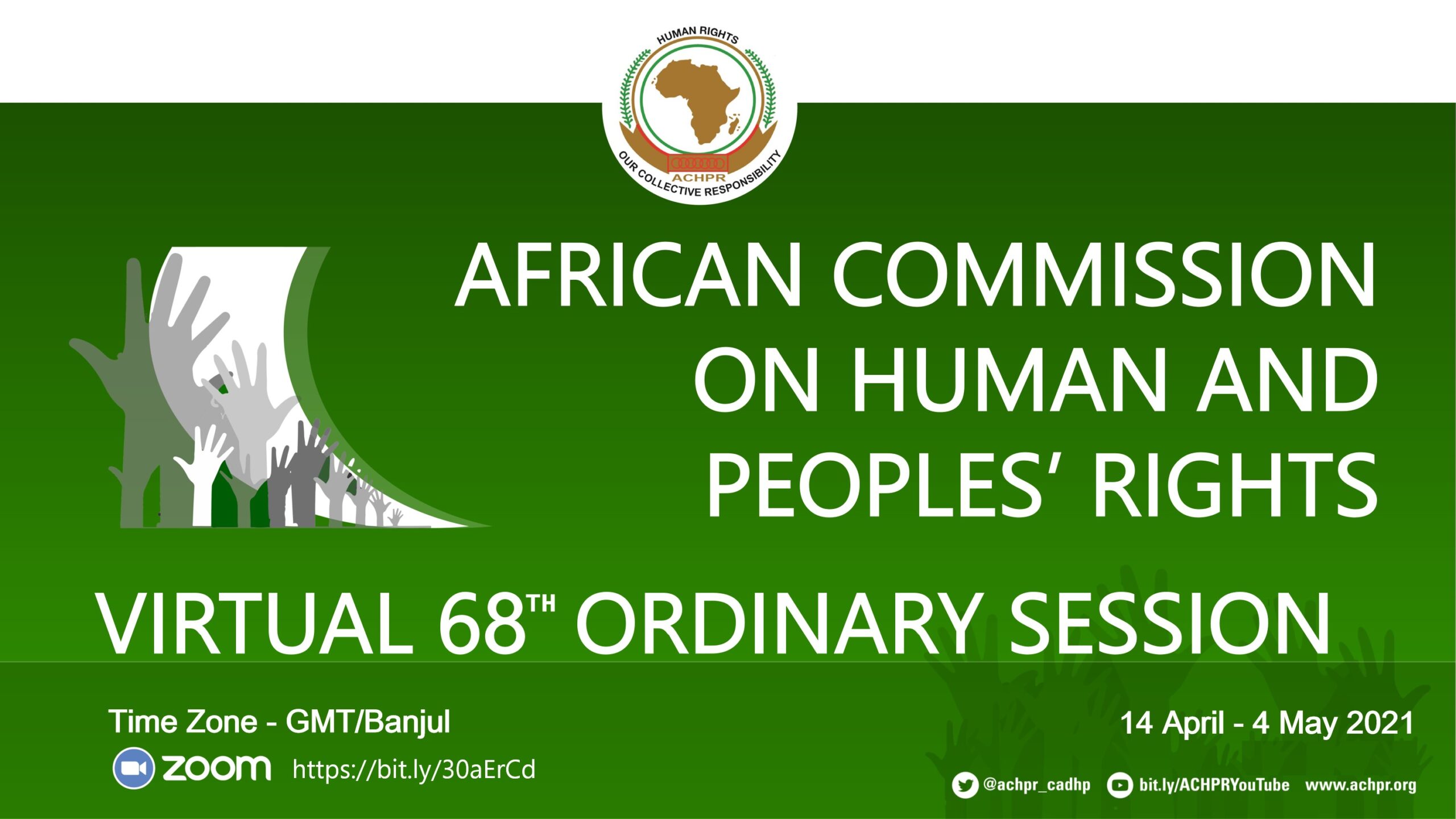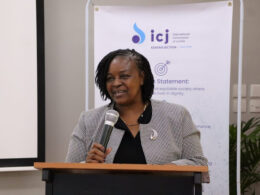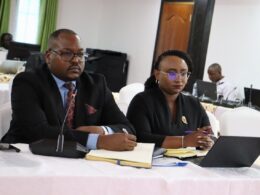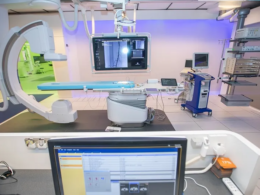COVID-19 has transformed the world of work. Remote working has become the new normal for most people, with communications largely moving to the digital space. This has had a strong impact on the work of human rights defenders and the way they defend, promote, and protect rights. Similar to other sectors, restrictions on movement, closure of social spaces and other limitations have forced defenders to find alternative ways to mobilize and defend human rights, often using technology and other tools of modern communication.
For many defenders on the African continent, this new way of working has made it possible for them to carry out their critical work. Yet often, virtual sensitization cannot reach the most vulnerable persons and communities, the majority of whom lack access to information and communication technology. The pandemic has also brought into sharp focus digital inequalities between those defenders who have access to the Internet, possess digital skills and hardware, and have the necessary funds to participate in these new modes of working, and those living and working in areas with insufficient coverage, particularly those working at the grassroots and in rural areas. Furthermore, barriers to physical contacts have added to the complexity of trust creation, a critical component of defending. Finally, the very tools of communication also pose new risks, such as exposing defenders to surveillance by state and non-state actors, including hackers. For those working on sensitive information, this exposure is potentially life threatening to them and their families.
These developments have had a particularly strong effect on Women Human Rights Defenders (WHRDs). COVID-19 has brought into sharp focus gender-based inequalities by, among others, increasing the care burden of women, exacerbating pre-existing barriers to women’s access to health – particularly in regards to sexual and reproductive health services – leaving women disproportionally vulnerable to economic shocks, and a marked increase in genderbased violence. In a pandemic that is so gendered in its impact, it is crucial that the diverse voices of all WHRDs working on advancing human rights and gender equality are heard.
Download the Publication HERE






